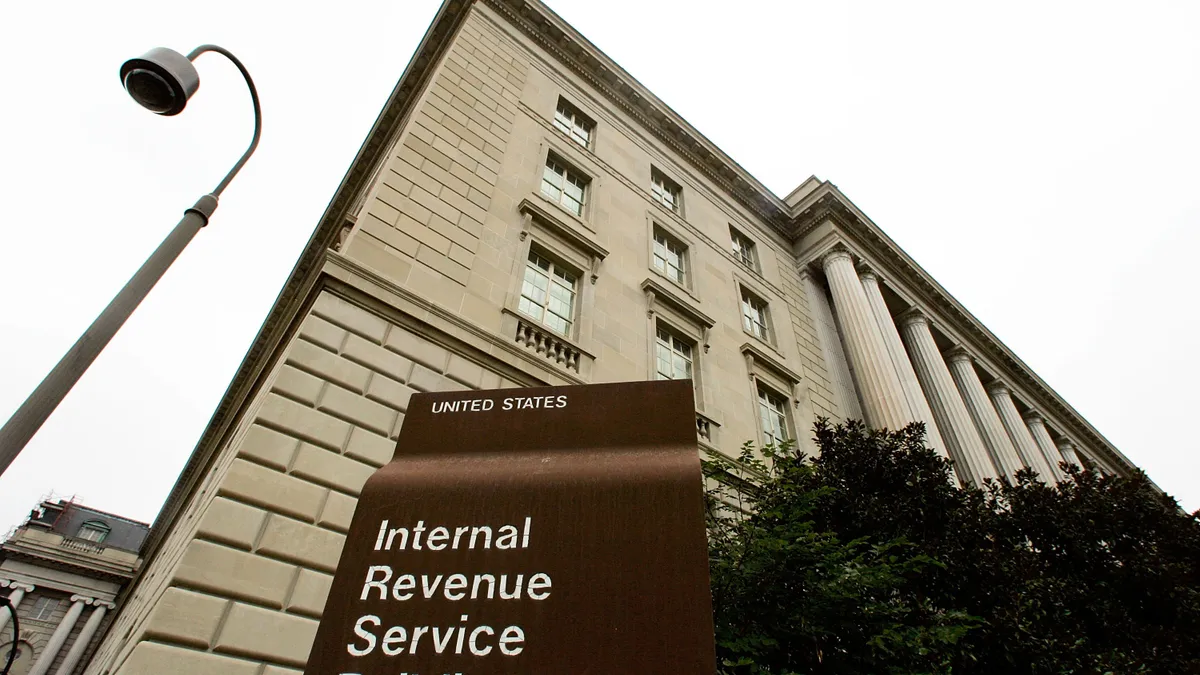Dive Brief:
- Employees looking for greener pastures could find themselves being tracked by a new application that can uncover a person's job search activity in public social media and score them on the likelihood they are job searching in earnest, according to the Washington Post.
- The start-up, Joberate, either searches publicly available data from millions of individual online social media accounts or buys it from third parties to calculate a “J-Score” that estimates job search activity. The Post compares it to a FICO score, the main credit rating number.
- Moves such as following employer Twitter accounts, reading articles about related to job searching or boosting professional connections on LinkedIn drive the J score higher. Joberate collects that data and then shares it with client employers, which helps the latter either track approachable talent (in other words, scouting out for new blood) or learn engagement levels of their own employees, including the chance they may be ready to pull up stakes, according to the Post.
Dive Insight:
This type of data mining, also known as predictive analytics, is inevitable, as HR continues to up its tech game in the search for new talent. But the shadow hanging over this type of tech is the inevitable privacy issue and the Big Brother aspect connected to some of these newer data mining apps and devices, such as those used in wellness programs.
However, the Joberate folks say most of their clients (14 in the Fortune 100) only use the technology with aggregate scores for employees "across a particular division, job site or group," which indicates personal privacy is protected. The goal is to determine if there are trouble spots — or on the flip side, success stories — with how engaged workers are in their jobs. From a pure recruiting standpoint, knowing which external superstars may be ready for a change is a potent reason to use the software. But again, the idea of taking employee tracking to this level is something that should give pause to any HR leader.













